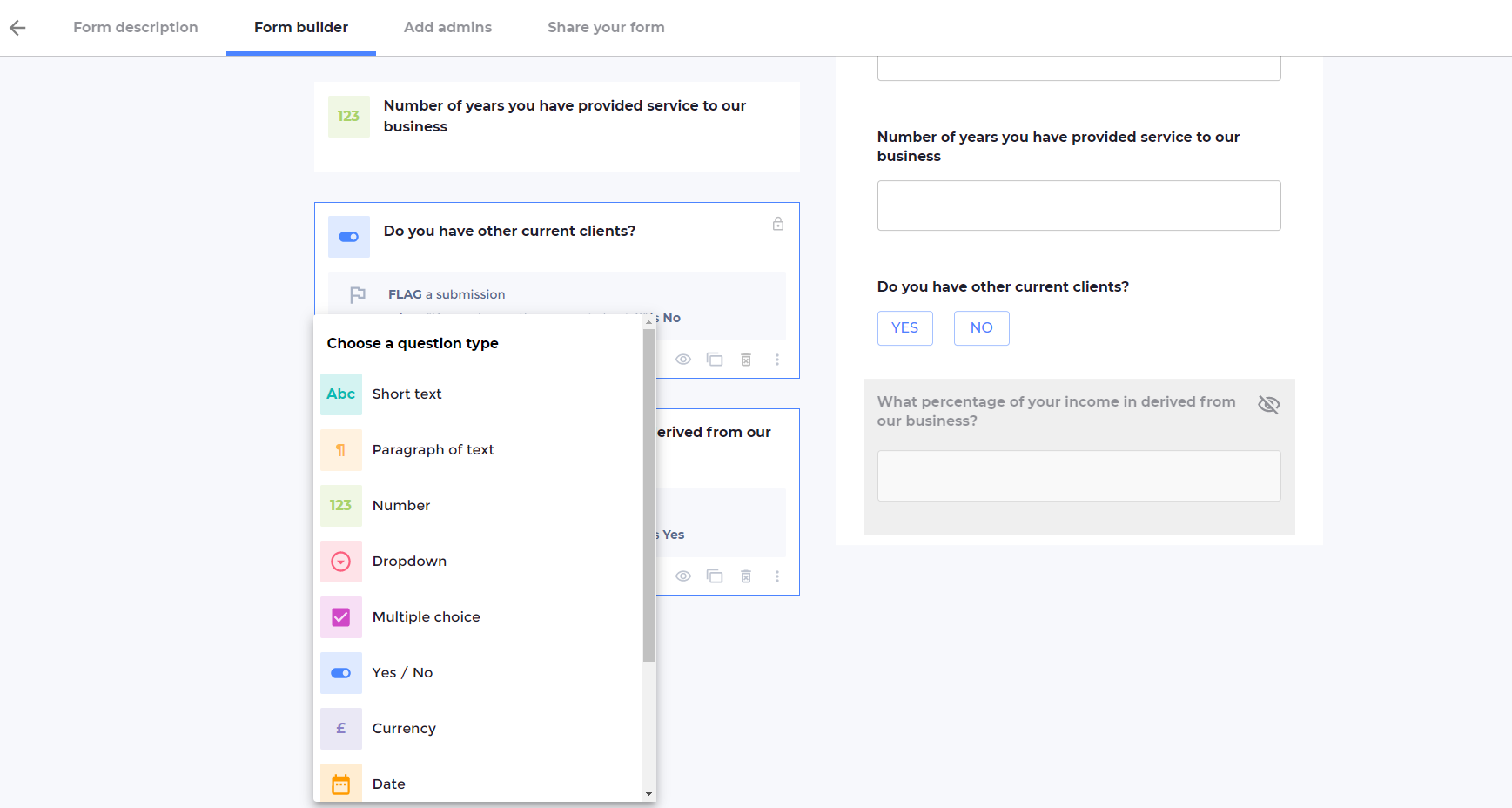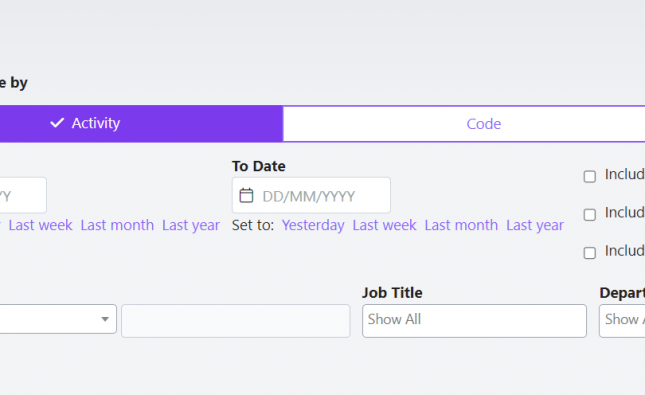Prioritising health and safety can be a challenge for any business. Small and medium-sized enterprises (SMEs), which make up by far the largest group of UK businesses, often face additional issues with making sure health and safety concerns are addressed effectively.
What does the law say about SMEs and Health and Safety?
Health and safety legislation applies equally to all businesses. All organisations have a duty of care towards their staff, and both moral and legal obligations to keep them safe and well at work. This applies to small start-ups just as much as it does global international brands.
However, if your business has fewer than five employees, it does not need to have a written health and safety policy or risk assessments. This doesn’t mean they don’t need to have these policies; they can just be communicated verbally. In practice, many small businesses find it a useful exercise to write them down anyway. All risk assessments should be carried out by someone competent to do so. In many cases, this will be the business owner or manager.
An SME’s risk assessment should give a good indication of its health and safety needs. At a minimum, it will need to have a properly stocked first aid kit, an appointed first aider and enough information for employees on all safety and health topics. The company’s risk level, and therefore what it needs to do to handle this, will depend on its industry, the nature of the work and its location.
The HSE’s website has a wealth of information about the health and safety responsibilities of all organisations.
SMEs and Safe Working
Meeting your health and safety requirements can seem like a hard task when you have limited time and resources and can’t justify taking on a health and safety professional as a permanent employee.
On the plus side, in a smaller business it can arguably be easier to communicate changes in health and safety policies than in large organisations. Managers may have smaller teams, so it’s easier – and cheaper – to ensure all employees are up to date with their training.
Many of the best health and safety policies are developed in partnership with the workers whose day to day jobs they affect. This can be easier with fewer staff, since they can be consulted directly and there are usually fewer layers of management between them and the senior people in the organisation.
Health and Safety eLearning from DeltaNet International
We provide eLearning solutions to businesses of all sizes to meet their health and safety needs. Our Risk Assessment courses help employers to consider the potential dangers in their workplace and the control measures to select to handle them.
Our Health and Safety suites of courses cover all of the major topics, from Fire Safety to Driving at Work.



